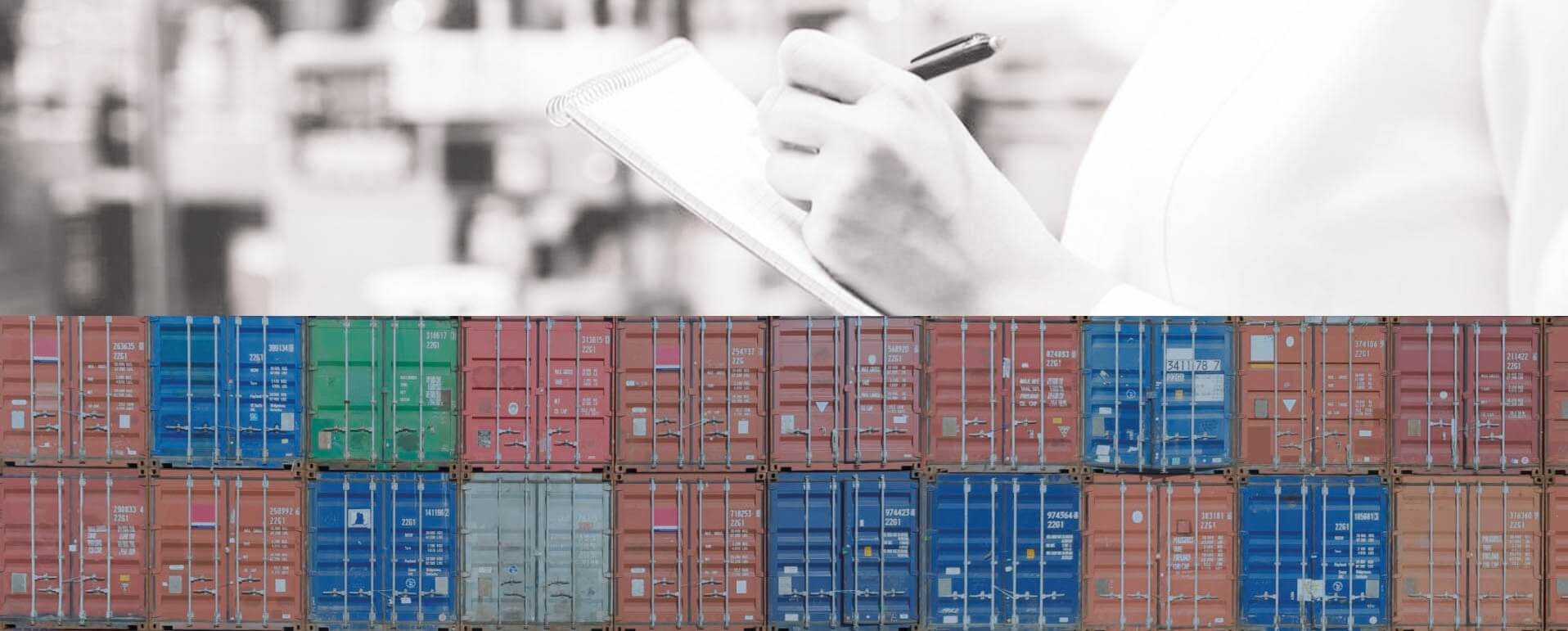Types of Crimes, The Mechanisms
of Their Prosecution, and The Possibility
of Reconciliation or Settlement
with The Customs Department
| Types of Customs Crimes | Mechanisms for Prosecuting Perpetrators of Customs Crimes | Methods of Objecting or Appealing Against Imposed Penalties | Possibility of reconciliation or settlement with the Custom Department |
|---|---|---|---|
| Customs violations that are criminalized and punished for by Articles 197-202 of the Customs Law |
* Prosecution of customs violators by issuing administrative fines and collecting decisions
Fine Decisions *Based on the provisions of Article 209/A of the law, fines are imposed on the customs violators by a decision of the director or his authorized representative. * The violator or his representative shall be notified of the by a written notice or by a registered mail. * The violator must pay fines within thirty days from the date of being notified or his refusal to sign the notification notice.Decisions on Claims and Collections * Based on the provisions of Article 208/A, the Director or his authorized representative may issue a decision claiming the fees, taxes and fines collected by the Department. Knowing that these amounts are fixed in amount due for payment under guaranteed pledges, a conciliation pledge, or a final court decision. The taxpayer must settle the claim within thirty days from the date of notification of the decision. * Based on the provisions of Article 208/b, the Director may issue a collection decision to collect the required fees, taxes, and fines if the taxpayer fails to review within the period referred to in Article 208/A of the Customs Law. |
Administrative Objection on the Fining Decisions * Based on the provisions of Article 210/A of the Law, the violator may object to the minister about the fines decisions. This is based on Article 209 of the Law. The objection should be done within a period of thirty days from the notification date. The Minister may confirm the decision of the fine, cancel it, or reduce it if there is justification.Judicial Objection to the Minister’s Fining Decision * According to the provisions of Article 210/b and Article 222/b/5 of the law, the Minister’s decision to appeal against the fining decision may be appealed to the customs court within thirty days from the notification date. This can be done when the fine imposed in addition to the value of the confiscated goods, if any, exceeds (500) dinars. The court may confirm, amend, or cancel the fine.Judicial Objection to Collection Decisions *According Article 208/C and Article 222/B/4 of the law, the taxpayer has the right to object to the collection decisions at the customs court within thirty days from the notification date. Implementation is not suspended unless the objector pays 25% of the amounts as insurance or submits a bank guarantee for it.Payment of Deposits to Accept Lawsuits * According to Article 231, regardless of what is stated in any other law, no claim against the Treasury is heard in the customs courts unless the applicant has deposited a cash insurance or bank guarantee equivalent to 25% of the required amount, including fees and fines, or the amount recognized by him, whichever is greater. |
Customs violators and those responsible for them may settle the violations at the customs centers directly and without the need to issue fining and collection decisions by paying customs fines within the limits mentioned in the Customs Violations Guide issued by the Director General of Customs, and published under the numbered notifications. |
| Customs smuggling offenses and provisions are defined in articles 203 and 204 of the customs law and are penalized under article 206. | * The perpetrators of Customs smuggling offences are prosecuted by the judicial means used in the code of Criminal Procedure by issuing a decision against the perpetrators of the offence and referring them to the first Customs Court. The court hears the matter in criminal proceedings based on the provisions of Article 222/B/1 of the customs law. | * According to the provisions of Article 223 of the customs law, the decisions of the primitive customs court issued against the perpetrators of smuggling offences are subject to appeal before the customs Court of Appeal. The decisions of the customs Court of Appeal are subject to appeal by cassation based on the provisions of articles 225 and 226 of the customs law. |
The criminal case and the right to prosecute the offense of smuggling shall lapse before its establishment by making reconciliation with the circuit based on the provisions of Articles 212 and 213 of the law. This is established by concluding a conciliatory settlement contract in the smuggling offenses or similar, whether before filing the case or during its consideration. Moreover, before the judicial judgment issued in the case becomes final. With all those responsible for smuggling or with some of them for the entire offense and within the conditions stipulated in the reconciliation contract, in accordance with the provisions of the Conciliation Settlement Guide issued by the Minister and published in the Official Gazette, according to which the customs penalties and fines stipulated in Article 206 of the law shall be replaced by the following:
|
